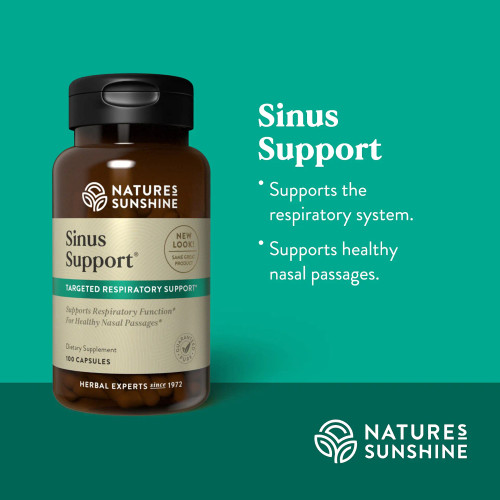Benefits:
- Supports the glandular system.
- Nourishes the thyroid gland.
- Enhances the actions of the thyroid hormones.
- Buffers the effects of stress and fatigue.
- Supports a healthy metabolism.
How It Works:
Thyroid Support is a blend of nutritional and herbal supplements specially designed to nourish the thyroid gland and to support the actions of the thyroid hormones. The thyroid hormones regulate many body functions, including oxygen use, basal metabolic rate, cellular metabolism, growth and development, and body temperature.
Ingredients:
Vitamin B6, zinc, copper, manganese, l-tyrosine, kelp leaves and stems, thyroid substance, nettle leaves, protease blend, pituitary substance and hypothalamus substance.
Recommended Use:
Take 1 capsule with a meal twice daily.
In 1934, Hungarian doctor Paul György discovered a substance that seemed to get rid of severe lesions in rats with a highly controlled diet. He named it Vitamin B6. In 1938, Samuel Lepkovsky was able to isolate this same substance from rice bran. Its chemical name, 3-hydroxy-4,5-dihydroxy-methyl-2-methyl-pyridine didn’t catch on. Go figure. But the next year, György suggested calling it pyridoxine. Most of us call it vitamin B6!
German chemist Justus von Liebig discovered the amino acid tyrosine in 1846. He was working with casein in cheese, and tyrosine is named for the Greek word tyros, or cheese. About 40 years later, researchers determined its molecular structure and figured out how to make it in the lab.
Both the ancient Greeks and Romans ate kelp as a food source. And according to records in China, people have been eating various types of kelp there for more than 2,000 years!














